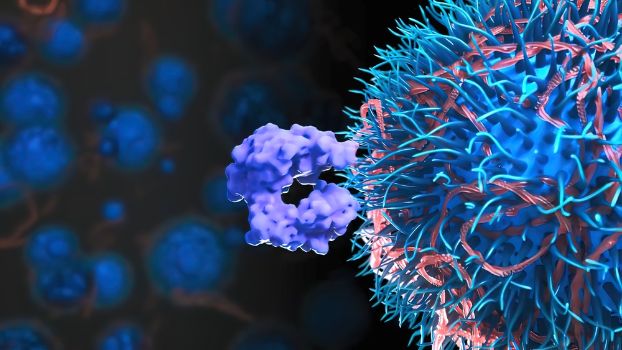If you’ve already had breast cancer, your cancer can return and spread to other parts of your body. This is called metastatic breast cancer. It’s important to report any symptoms of metastatic breast cancer to your doctor.
Breast cancer can spread to other parts of the body when it breaks away from the original tumour and enters your bloodstream or lymphatic system. It can then travel to other organs where it forms small tumors. Most often, metastatic breast cancer spreads to the bones, lungs and liver. The most common symptoms of metastatic breast cancer vary depending on where the cancer has spread.
The most common places where breast cancer spreads to first are the lymph nodes (which are small, hard glands under the arms on both sides of the body and around the collar bone). Breast cancer cells can also enter and travel through these to other parts of the body, such as the lungs. Cancer cells that enter the lungs can cause shortness of breath and chest pain. Other symptoms of lung metastasis include coughing and feeling like your chest is full.
Other symptoms that may be caused by metastatic breast cancer include fatigue, poor appetite and weight loss. But remember that these are non-specific symptoms and can be caused by many things, including medication and depression.

If your cancer has spread to the bones, it can lead to pain in the bone and breaking of your bones. It can also cause a complication called hypercalcemia, which means your levels of calcium in the blood are too high. This can lead to confusion, headache and a change in your vision.
Metastatic breast cancer can also spread to the brain. This can cause headache, seizures (fits) and a change in your personality. It can also make you feel tired all the time, have trouble thinking or have a feeling of heaviness in your chest.
If you have a headache that doesn’t go away or changes in your personality, it’s very important to tell your doctor. You may need a MRI or CT scan to check for cancer that has spread to your brain.
It’s important to know that metastatic breast cancer isn’t curable, but treatment can slow its progression and relieve your symptoms. You can also have a break in your treatment if you’re feeling too tired or the side effects are intolerable.








